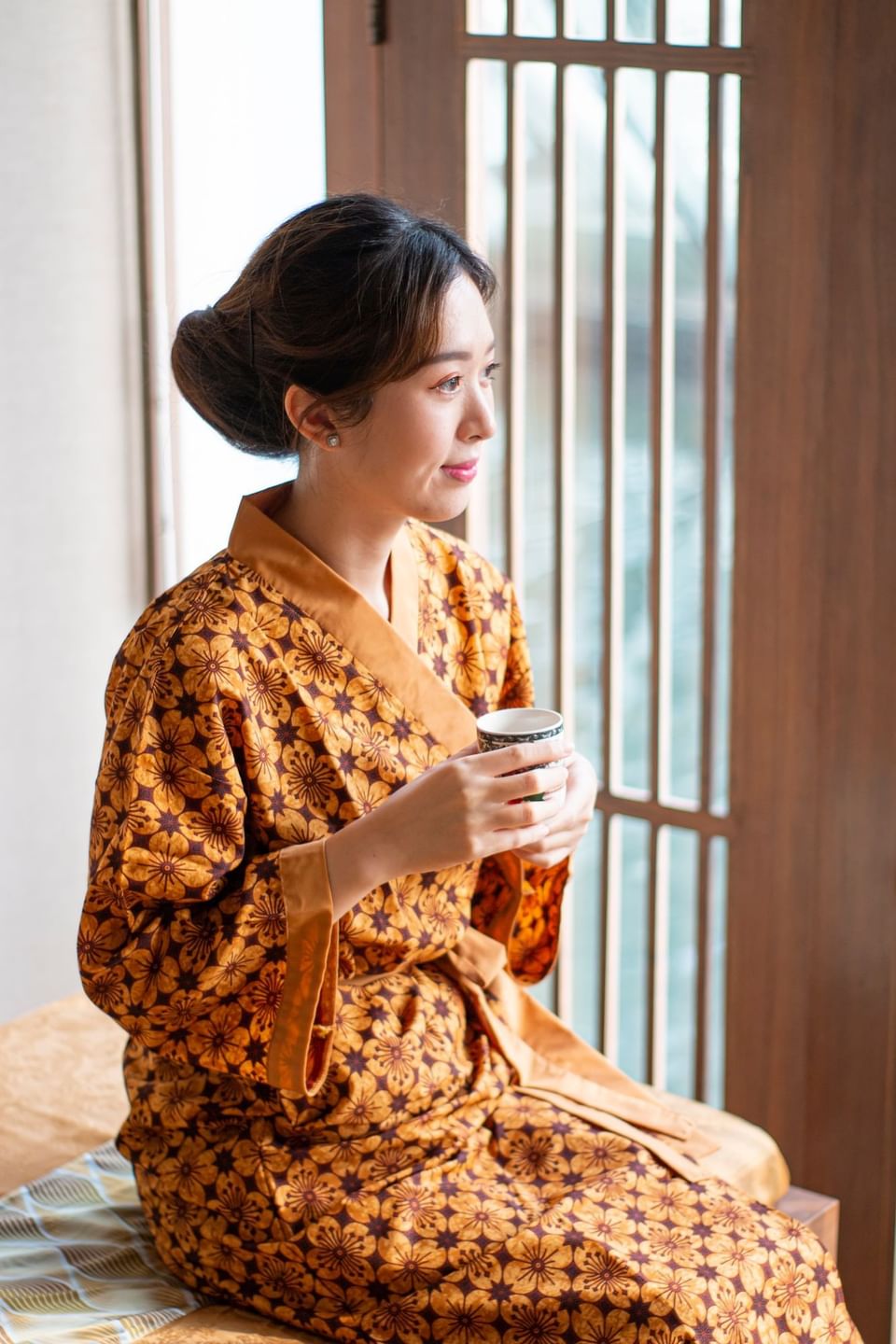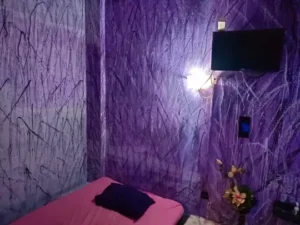In the dynamic tapestry of contemporary urban existence, an increasing number of gentlemen are embracing wellness practices that transcend the perfunctory notion of self-care. This paradigm shift has spurred an ardent fascination with specialized wellness establishments such as Mr. Spa in Surabaya, Indonesia. These havens provide more than mere indulgence; they offer a sanctuary for holistic rejuvenation where physical, mental, and emotional well-being conflate seamlessly.
Surabaya, the second-largest city in Indonesia, is a bustling hub that juxtaposes modernity with tradition. Within this vibrant milieu, Mr. Spa stands out as a beacon of sophistication, uniquely catering to the diverse exigencies of its male clientele. The allure of such establishments can be ascribed to several factors, each interwoven with deeper psychological and cultural implications.
First and foremost, the interior design of Mr. Spa encapsulates a paradigm of serenity. Upon entering, patrons are greeted with ambient lighting, soothing aromas, and a minimalist decor that evokes tranquility. This meticulously curated environment acts as a counterpoint to the frenetic pace of urban life, offering a respite where men can disconnect from societal expectations and reconnect with their innermost selves. The design serves not merely a functional purpose but also acts as a psychological balm that facilitates relaxation and introspection.
Moreover, the services offered at Mr. Spa are thoughtfully tailored to address the specific physical strains that men often endure. From deep tissue massages that aim to alleviate muscular tension to invigorating facials that revitalize weary skin, the treatment menu is extensive and comprehensive. Each service is executed by trained professionals who possess a profound understanding of male anatomy and psychology. This individualized approach fosters a sense of trust, enabling men to embrace vulnerability in a safe environment, an act that may seem antithetical to traditional notions of masculinity.
However, the allure of Mr. Spa extends beyond its physical offerings. The practice of wellness has transcended mere physicality, delving into the realm of emotional and mental health. In contemporary society, there is an increasing recognition of the significance of mental wellness, which has historically been overshadowed by physical health. Men, in particular, have been conditioned to adhere to stoic principles, often at the expense of their psychological well-being. Mr. Spa acknowledges this dilemma and positions itself as a facilitator of emotional catharsis, encouraging patrons to express their feelings and foster a healthier mindset.
The communal aspect of wellness cannot be overstated. Mr. Spa serves as a convergence point where men from diverse backgrounds can gather, engage in conversation, and share experiences. This camaraderie not only fosters social bonds but also cultivates a supportive network that emphasizes collective well-being. The shared space transforms into a microcosm of understanding, allowing men to shed the inhibitions that often accompany conversations about self-care and mental health.
Encountering the juxtaposition of self-care and masculine identity elicits a contemplation of sociocultural norms. The traditional archetype of masculinity often discourages men from prioritizing their own wellness. By engaging in practices such as massage therapy or mindfulness, gentlemen challenge antiquated narratives that equate vulnerability with weakness. Mr. Spa stands as a testament to this evolving perspective, showcasing how wellness can embody strength rather than fragility. In many ways, the establishment dares to subvert the entrenched dichotomies of gender roles.
Furthermore, Mr. Spa recognizes the significance of integrating traditional Indonesian wellness techniques into its offerings. By incorporating elements such as Javanese massage or herbal remedies, the spa not only honors local customs but also enhances the holistic experience it provides. This cultural infusion serves a dual purpose: it enriches the treatments and simultaneously instills a sense of belonging among its patrons, connecting them to their heritage.
As we examine the cultural implications of establishments like Mr. Spa, we find that its existence serves as a microcosm of a shifting societal attitude towards masculinity and wellness. The rise of such spaces is indicative of a broader movement that seeks to dismantle toxic masculinity and foster healthier expressions of male identity. In this context, wellness is reborn as an empowering act rather than a luxury indulgence.
In conclusion, Mr. Spa in Surabaya epitomizes a burgeoning trend in which gentlemen embrace wellness as an integral facet of their lives. The establishment serves as a sanctuary that reconciles physical, emotional, and mental well-being. Through its comprehensive services, meticulous design, and commitment to fostering community, it beckons men to embrace self-care in a fervently supportive environment. This phenomenon not only marks an evolution in wellness culture but also challenges the prevalent norms of masculinity. The fascination surrounding gentlemen’s wellness at establishments like Mr. Spa signifies a transformative journey toward holistic health, underpinned by an acknowledgment of the complexities of modern manhood. As such, Mr. Spa stands as a harbinger of a new era in which wellness becomes a fundamental pillar of life for the contemporary gentleman.





Leave a Comment